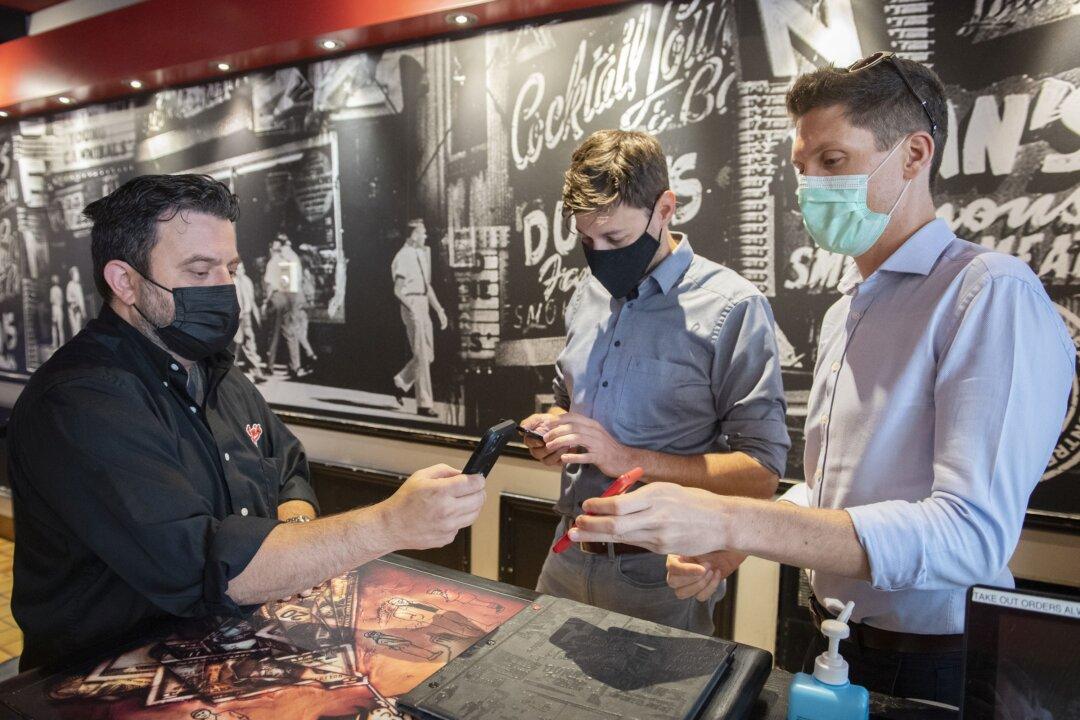The National Citizen’s Inquiry into the effectiveness of Canada’s COVID-19 measures kicked off on March 16. Two physicians testified to the commission that they were removed from their positions for questioning whether the public health measures were doing more harm than good.
The National Citizen’s Inquiry (NCI) describes itself as a “citizen-led and citizen-funded initiative that is completely independent from government.”





